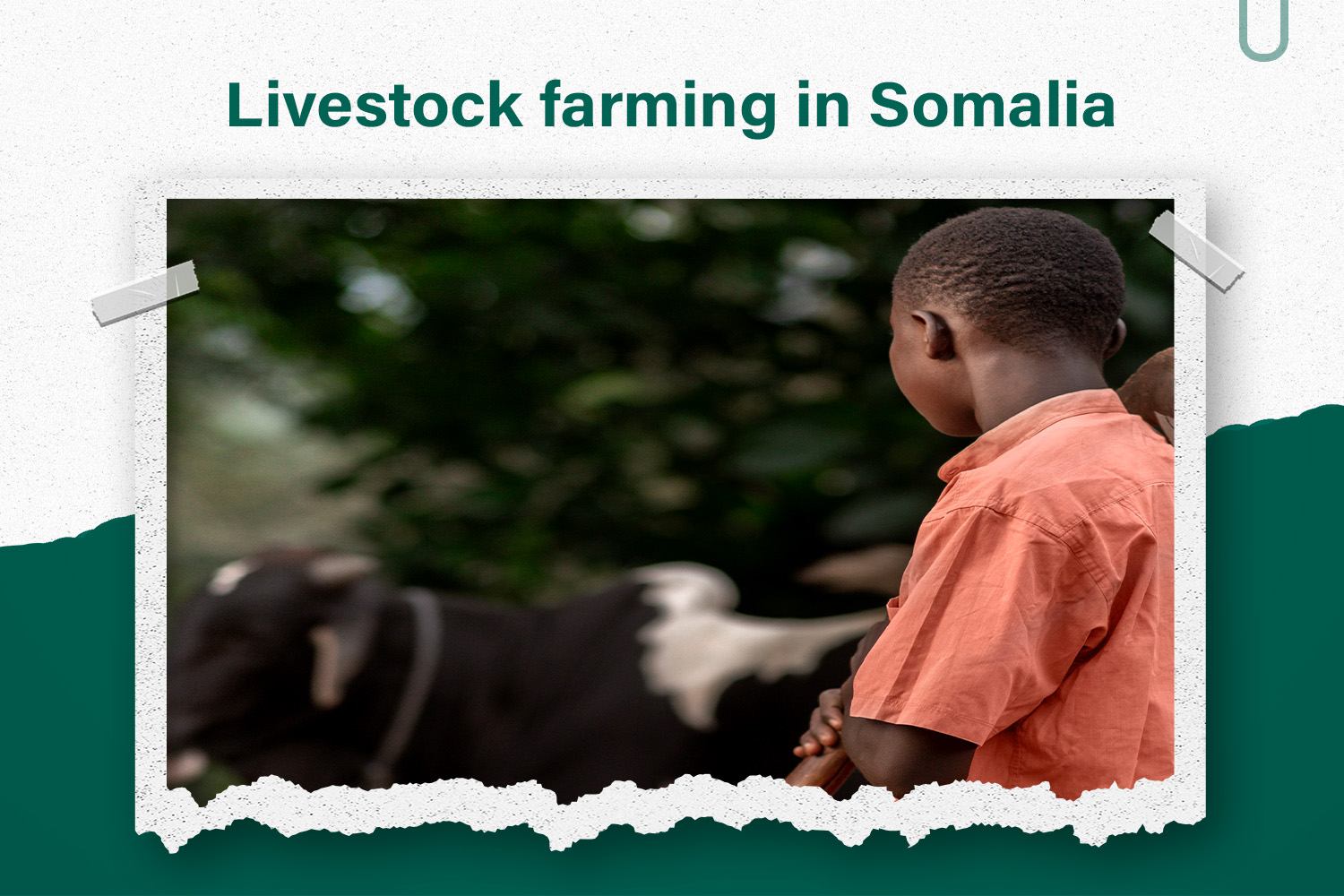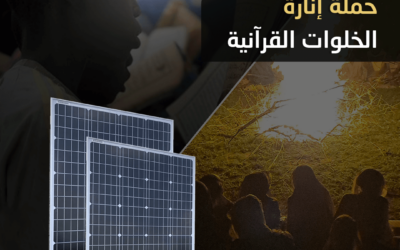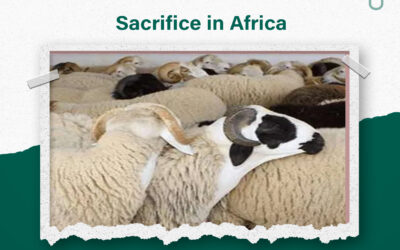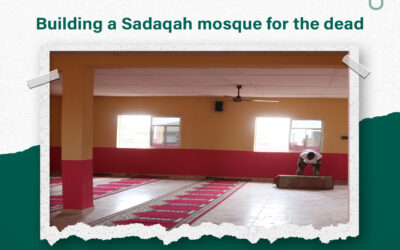Livestock farming in Somalia
Livestock raising in Somalia is one of the main agricultural activities in Somalia, as it is a vital resource for food and income for many families. Livestock farming is an important part of Somalia’s culture and plays a crucial role in the local economy.
What is cattle breeding in Somalia
Livestock breeding is the process of caring for and raising animals such as cows, sheep and goats in a certain environment. Somalia is an ideal region for livestock farming thanks to its abundant natural resources such as fertile land and rich waters. Livestock is well adapted to the harsh environmental conditions of Somalia and provides the population with an important source of food and other products.
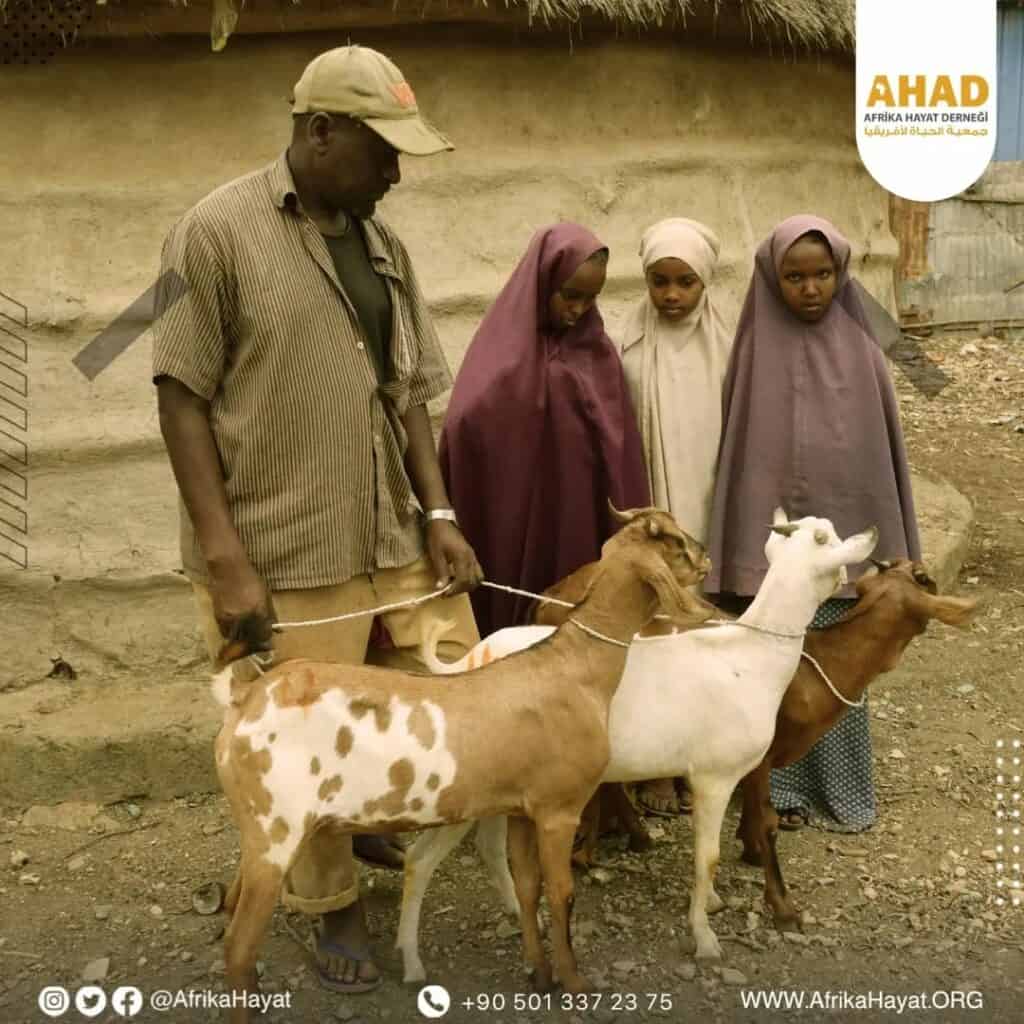
Livestock farming in Somalia
The role of the AHAD Association in Somalia
AHAD has made tremendous efforts in providing support to needy families in Chad through the distribution of dairy goats. This initiative aims to provide a food and economic source for poor families and achieve agricultural sustainability in the local community.
The dairy goat distribution initiative is a vivid example of the role of non-profit associations in improving people’s lives and empowering them economically. By offering dairy goats, families get a source of fresh milk and dairy products, which improves nutrition and increases the nutritional value in daily meals.
In addition, the distribution of dairy goats provides an opportunity to create small businesses, where families can sell milk or excess dairy products to improve their income and achieve economic sustainability. This improvement contributes to improving the material and social level of beneficiary families.
This initiative from the AHAD is a voice of hope and change in the lives of poor families in Chad. This initiative demonstrates the association’s commitment to achieving social justice and serving the needy in society.
The importance of livestock farming in Somalia
Livestock farming plays a crucial role in the economy of Somalia and the livelihood of the population. Here are some of the importance of livestock farming in Somalia:
Providing food: livestock provides the Somali population with fresh meat and milk, which contributes to improving nutrition and meeting their basic nutritional needs.
Improve household income: livestock raising is an important source of income for many families in Somalia, as they can sell animals or their products such as leather and wool to earn a livelihood.
Environmental sustainability: sustainable farming contributes to the preservation of the environment in Somalia, where the livestock sector is one of the largest land areas in the country and can benefit from the remnants of large crops and grasses in pastoral lands.
In short, livestock farming is a vital activity in Somalia, providing opportunities to achieve food security and boost the local economy.
Types of livestock in Somalia
Livestock farming in Somalia has a wide variety of types of livestock raised. Cows and sheep are the main species that are bred in the region.
The importance of cows in livestock breeding
Cows occupy a key place in cattle breeding in Somalia. They provide fresh meat and milk to the local population, and are an important source of income for many families. In addition, cows play a role in environmental sustainability as their droppings can be used to improve soil quality and provide food for agricultural crops.
The importance of sheep in livestock breeding
Sheep also form an important part of livestock farming in Somalia. They provide highly nutritious meat and valuable wool for use in the manufacture of clothing and carpets. In addition, sheep are well adapted to the difficult environmental conditions of Somalia and are an important source of income for many families.
In short, livestock farming in Somalia includes cows and sheep, plays a crucial role in providing food and increasing income for the local population, and maintains the sustainability of the surrounding environment.
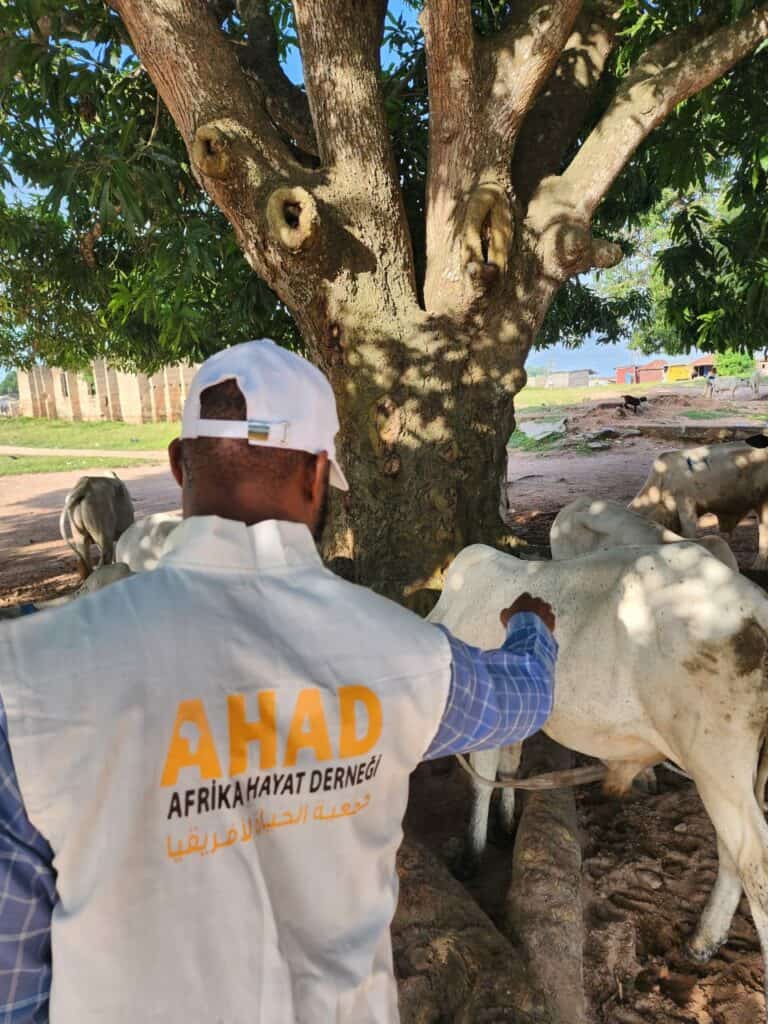
Livestock farming in Somalia
Requirements for livestock breeding in Somalia
Suitable area and location for livestock breeding
Area and location are key factors in livestock farming in Somalia. Livestock needs a spacious area and suitable farms for their movements and healthy growth. Farms should be located away from residential areas and contaminated sources to maintain livestock health and prevent the transmission of diseases.
Proper nutrition of livestock
Proper nutrition is one of the main factors for meeting livestock needs in Somalia. Livestock should be provided with natural and balanced feed, such as natural grass and wild herbs. The nutrients available in the area, such as local feed and plant waste, can be used to improve livestock nutrition.
In short, livestock farming in Somalia requires the right space and location, as well as the provision of proper nutrition to ensure the health of livestock and increase their productivity.
How to take care of livestock in Somalia
Livestock health and disease prevention
To maintain the health of livestock in Somalia and prevent diseases, there are some important measures that need to be taken:
Provide vaccinations and treatment: livestock should be vaccinated regularly and provide appropriate treatment when needed. This helps in the Prevention of infectious diseases and maintaining the health of livestock.
Protection from extreme weather: providing shaded spaces and protection from extreme weather factors, such as extreme heat and thunderstorms, helps keep livestock healthy.
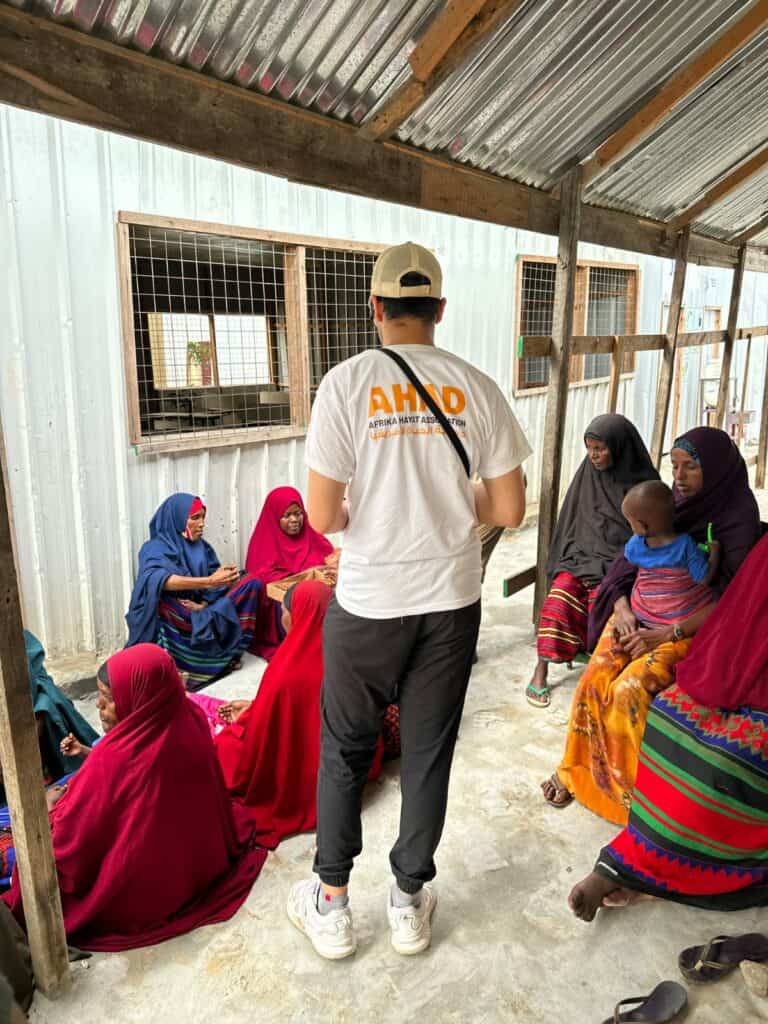
Livestock farming in Somalia
Suitable places for rest and protection
To provide comfort and protection for livestock in Somalia, the following guidelines should be followed:
Provide umbrellas and shades: shaded areas and shades should be provided for livestock to protect from the scorching sun and high heat.
Provide clean and protected spaces: clean and protected places should be provided for livestock to protect against pollution and Infectious Diseases.
Using these guidelines in livestock farming in Somalia, it is possible to promote the health of livestock, reduce the spread of diseases, and provide a safe and comfortable environment for them.
Challenges facing livestock farming in Somalia
Livestock farming in Somalia is a challenge due to the many factors that affect the health and prosperity of livestock. Here we will review some of the main challenges facing livestock farming in Somalia:
Drought and water shortage
Drought and water shortages pose the biggest challenge in livestock farming in Somalia. The summers of Somalia are very hot and dry, and water sources are limited. This means that livestock breeders must provide sufficient water sources and shelter for animals throughout the year. Care must also be taken to provide proper nutrition containing water and essential nutrients to maintain the health of livestock under drought conditions.
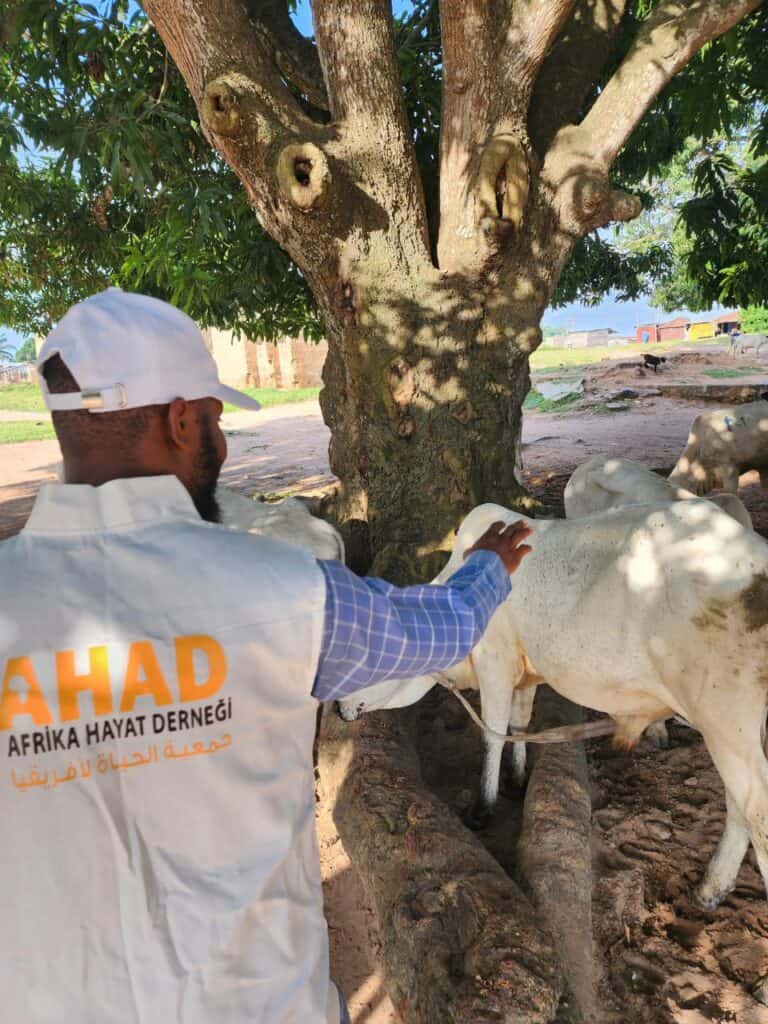
Livestock farming in Somalia
Possible diseases and pests
Diseases and pests are another challenge facing livestock farming in Somalia. Diseases can be transmitted quickly among livestock in conditions of overcrowding and lack of hygiene. Therefore, livestock breeders should apply preventive measures such as providing appropriate vaccinations, staying informed about possible pests and taking the necessary measures to combat them.
By using preventive measures such as making sure that water is provided, good nutrition and hygiene guidelines are followed, successful livestock rearing can be achieved in Somalia and promote the health and prosperity of livestock.
Read also
The life of children in Africa
Livestock farming in Somalia is a challenge due to the many factors that affect the health and prosperity of livestock. The industry is facing significant challenges that include drought, water shortage, possible diseases and pests. In the conditions of severe drought in the summer of Somalia, the provision of adequate water sources and shelter for livestock becomes vital. Proper nutrition should also be provided to animals to maintain their health in these extreme conditions.
In addition, livestock breeders in Somalia are faced with the challenge of diseases and pests that can be quickly transmitted in conditions of overcrowding and lack of hygiene. Therefore, breeders should take preventive measures such as providing appropriate vaccinations and controlling possible pests to keep livestock healthy.
With preventative measures including ensuring water supply, good nutrition and hygiene, ranching can succeed in Somalia and promote the health and prosperity of livestock. There are many companies that operate in the livestock export industry in Somalia and contribute to strengthening the local economy and providing employment opportunities. These companies must adhere to quality and safety standards to ensure healthy and safe arrival of livestock to their intended destinations.
Livestock prices in Somalia
Choosing the right type of livestock
When it comes to livestock breeding in Somalia, it is essential that the breeder takes care of the right type of livestock. The breeder should consider the different varieties available and choose those that suit the local environment and market needs. The selection of livestock should be carried out strong, resistant to difficult conditions and resistant to diseases, which contributes to the success of the agricultural process.
Livestock prices in Somalia
Livestock prices in Somalia are variable and depend on many factors. These factors include the size and type of livestock, demand and supply in the market. The breeder should monitor those factors and review the local markets to determine the appropriate prices.
A breeder interested in raising livestock in Somalia should take these factors into account when planning his operation. Livestock can be a profitable and sustainable resource in Somalia when the right type is selected and prices are set based on local factors.
How many cows are there in Somalia
Maintaining ecological balance
When raising livestock in Somalia, the breeder should pay special attention to maintaining the ecological balance. Environmental sustainability is considered vital to maintaining the sustainability of the livestock industry. The breeder must follow sustainable breeding practices and environmental protection measures to preserve land and Water Resources, minimize negative impacts on the environment.
The number of cows in Somalia
The livestock industry is of great importance in Somalia. Cows are considered one of the main types of livestock bred in the country. The number of cows in Somalia depends on many factors, such as the space available for pasture, the needs of the local market and the global demand for meat and dairy products. The breeder must take into account these factors when determining how many cows he will raise.
When cows are raised properly and sustainably, the livestock industry in Somalia can be an important source of income and provide employment. Paying special attention to the ecological balance and determining the number of cows based on local factors, will contribute to sustainable growth and prosperity of the sector.
You can visit the AHAD website to see more of the projects it is doing.
Related articles

